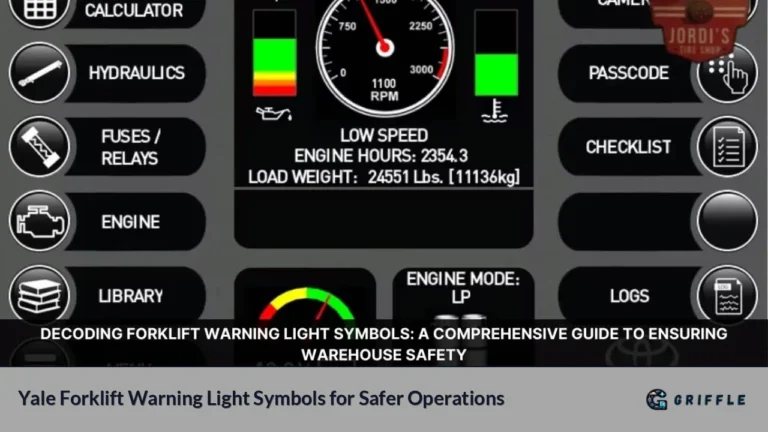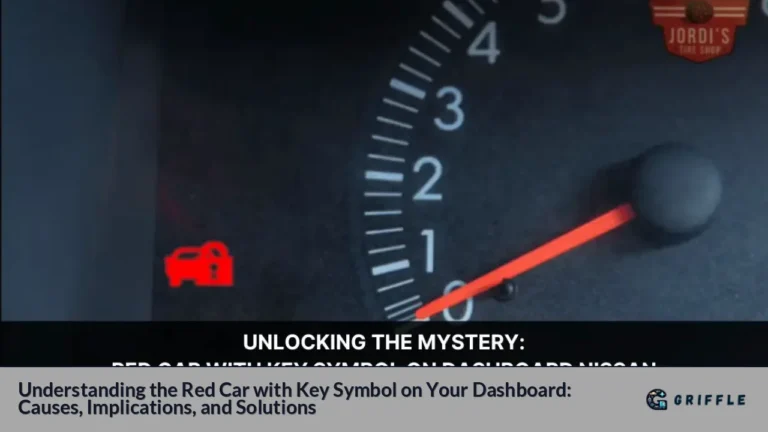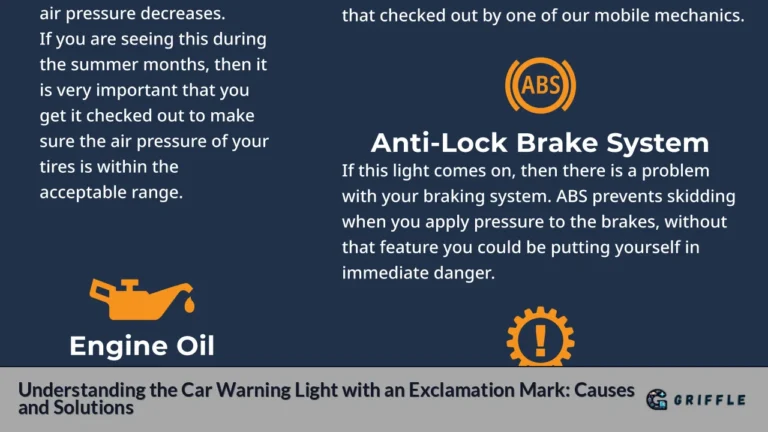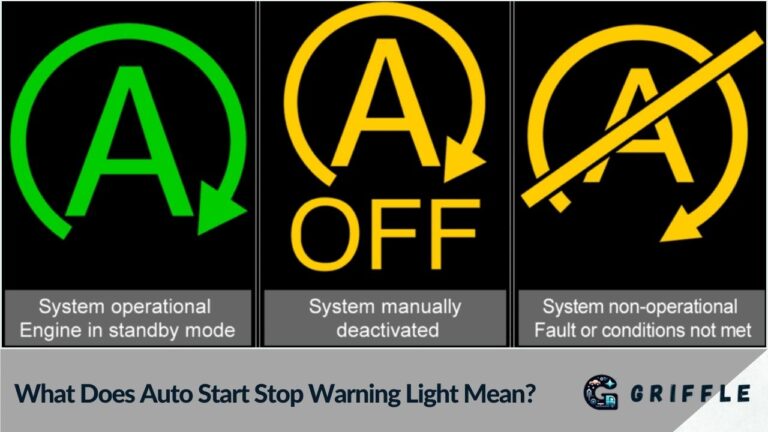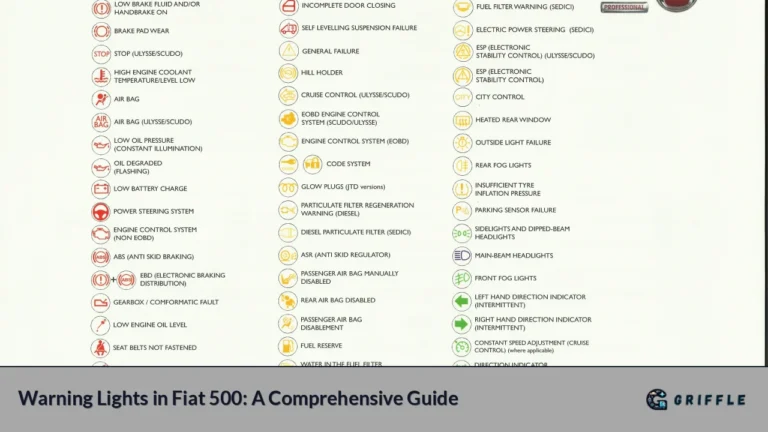In the past week, Chrysler has made headlines with a significant recall affecting over 330,000 Jeep Grand Cherokee vehicles due to a potentially dangerous steering wheel issue. This recall highlights ongoing concerns regarding vehicle safety and the implications for consumers, as well as the broader automotive industry. This article delves into the details of this recall, its impact on consumers, and the potential long-term effects on Chrysler and the automotive market.
Overview of the Recall
Chrysler's latest recall involves a serious defect in the steering wheel mechanism of certain Jeep Grand Cherokee models. The National Highway Traffic Safety Administration (NHTSA) reported that these vehicles could experience a loss of steering control while driving, posing a significant safety risk to drivers and passengers alike. The affected models include those manufactured between 2014 and 2020, with Chrysler urging owners to seek repairs immediately.
Summary Table
| Recall Information | Details |
|---|---|
| Affected Models | Jeep Grand Cherokee (2014-2020) |
| Number of Vehicles Recalled | Over 330,000 |
| Reason for Recall | Steering wheel defect leading to loss of control |
| Owner Notification Date | Expected notifications by mid-January 2025 |
| Repair Procedure | Replacement of faulty steering components |

The Impact on Consumers
The immediate effect of this recall on consumers is multifaceted. Firstly, vehicle safety is paramount; thus, any defect that could lead to loss of control is a serious concern. Consumers who own affected models are likely feeling anxious about their vehicle's reliability and safety.
Consumer Reactions
Many consumers have expressed frustration regarding the frequency of recalls in recent years. The automotive industry has seen an increase in recalls due to heightened scrutiny from regulatory bodies and consumer advocacy groups. This particular recall may lead to:
- Loss of Trust: Consumers may begin to question Chrysler's commitment to safety and reliability.
- Financial Implications: Owners may face costs related to repairs or potential depreciation in vehicle value due to the recall.
- Inconvenience: The process of scheduling repairs and being without a vehicle during that time can be burdensome for many families.
Long-Term Consumer Behavior
As recalls become more common, consumer behavior may shift. Potential buyers might prioritize brands with better safety records or those that offer more transparent communication regarding vehicle issues. This shift could lead Chrysler to reassess its quality control measures and customer service strategies.
Industry Implications
The ramifications of this recall extend beyond individual consumers; they also impact the automotive industry as a whole.
Increased Regulatory Scrutiny
The NHTSA's involvement in this recall underscores growing regulatory scrutiny within the automotive sector. Automakers are now under pressure to ensure that vehicles meet stringent safety standards before they reach consumers. This scrutiny may lead to:
- Higher Compliance Costs: Automakers may need to invest more in quality assurance processes, which could increase production costs.
- Potential Legal Repercussions: If safety issues persist, manufacturers like Chrysler could face lawsuits or penalties from regulatory agencies.
Competitive Landscape
Chrysler's challenges could affect its market position relative to competitors. As other automakers continue to innovate and improve their safety records, Chrysler must respond effectively to maintain its market share.
- Market Perception: The perception of Chrysler as a reliable brand may suffer if these issues are not addressed promptly and effectively.
- Strategic Adjustments: To regain consumer trust, Chrysler may need to enhance its marketing strategies, focusing on safety features and reliability in future advertising campaigns.
Impact on Stock Performance
While immediate stock reactions may not be evident due to the nature of recalls being common in the industry, prolonged issues with recalls can lead to decreased investor confidence. If Chrysler continues to face significant recalls without effective resolution strategies:
- Stock Value Decline: Investors may become wary of investing in companies with a history of unresolved safety issues.
- Increased Volatility: The stock market often reacts negatively to news surrounding recalls, especially if they involve large numbers of vehicles.
Conclusion
Chrysler's recent recall affecting over 330,000 Jeep Grand Cherokees serves as a stark reminder of the importance of vehicle safety in today's automotive landscape. As consumers become increasingly aware of their rights and safety standards, automakers must prioritize quality control and transparent communication.
The implications for Chrysler are significant; it must navigate consumer concerns while addressing regulatory scrutiny and maintaining its competitive edge in a rapidly evolving market. Moving forward, it will be crucial for Chrysler not only to rectify current issues but also to implement strategies that reinforce consumer trust and brand loyalty.
FAQs
- What caused the recent Jeep Grand Cherokee recall?
The recall was initiated due to a defect in the steering wheel mechanism that could lead to loss of control while driving. - How many vehicles are affected by this recall?
Over 330,000 Jeep Grand Cherokees manufactured between 2014 and 2020 are affected. - What should owners do if their vehicle is recalled?
Owners should contact their local dealership for repairs as soon as they receive notification from Chrysler. - Will owners incur costs for repairs related to this recall?
No, repairs related to this recall will be conducted at no cost to the vehicle owners. - How can I check if my vehicle is recalled?
Vehicle owners can check for recalls by entering their VIN on the NHTSA website.

